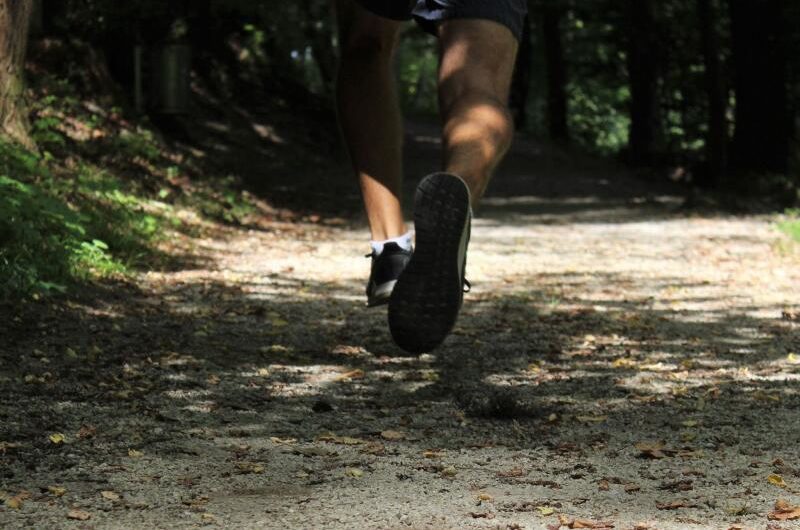Sitting down for too long can have adverse effects on your mental health and wellbeing, a new study has warned.
It even outweighs the benefits of regular exercise, according to researchers who looked at the impact of the coronavirus pandemic on people’s lives.
Being allowed an hour of outdoor exercise on a daily basis was a key part of the UK government’s strategy when the first national lockdown began in March 2020.
However, the study by the University of Huddersfield found that many people spent more than eight hours a day sitting, either because of working from home or being at a loose end while on furlough.
Researchers said this in turn caused detrimental effects to their mental health.
Even people taking part in 150 minutes per week of moderate or vigorous physical activity experienced a negative impact on their mental health, suggesting more exercise was required to counterbalance their increased sedentary lifestyle.
‘Although our sample of nearly 300 [people] was very active, they were sitting for longer periods with over 50 per cent sitting for more than eight hours a day,’ said Dr Liane Azevedo, one of the study’s authors.
‘We found that sitting time, together with some demographics and pre-existing health conditions, were the main variables to negatively influence mental health and wellbeing.
‘Other studies have shown that if you sit for longer than eight hours, in order to compensate the negative effect of sedentary behaviour on physical health outcomes you need to exercise for longer.’
She said that around 60 minutes is ideal, longer than the 30 minutes that is generally recommended as a minimum for daily exercise.
‘Reducing sitting time has a positive effect on mental health. We recommend that together with increase in physical activity, public health should encourage reduction of sitting time for mental health benefits,’ Dr Azevedo added.
She said it was important people understood that physical activity was ‘not just going to the gym’.
‘Going for a walk specially in green areas is really important, any type of moderate activity does have benefits,’ Dr Azevedo said.
‘We also noticed from our study that leisure and gardening are activities that help both physically and mentally.
‘We want to develop an intervention based on these findings, to focus on the decrease of sedentary behaviour as well as increase in physical activity to promote benefits on mental health.’
The research was published in the journal Sport Sciences for Health.




